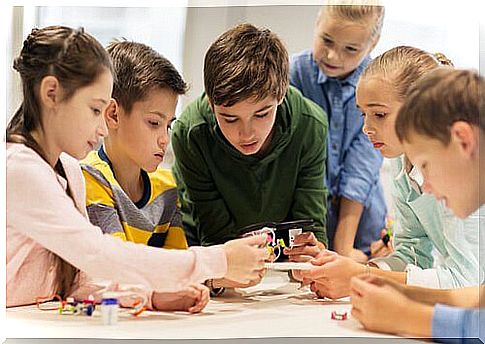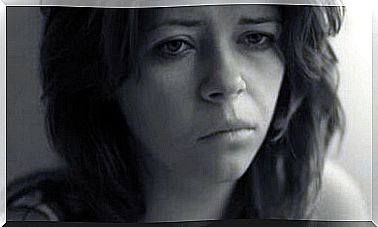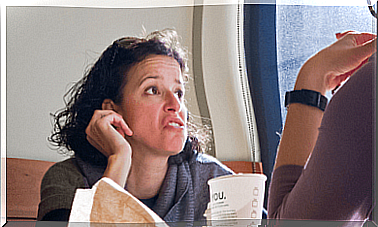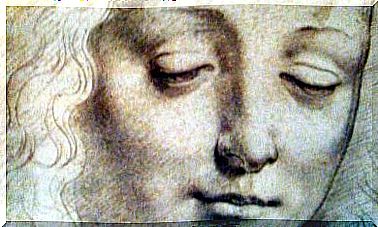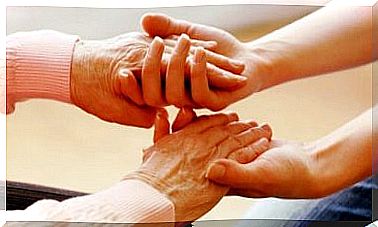The 7 Most Beautiful Phrases Of Vygotsky
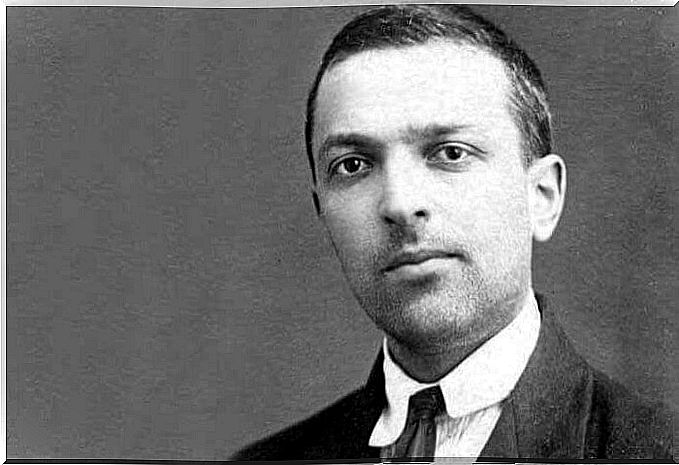
Knowing about Vygotsky’s finest phrases is like taking a closer look at Mozart’s work in developmental and educational psychology. Lev Semenovich Vygotsky (1896-1934) is a famous Belarusian psychologist and physician, pioneer of Soviet neuropsychology and theorist of developmental psychology.
Vygotsky’s writings and sentences were ignored for a long time. However, this did not prevent him from continuing to defend an idea: culture plays a very important role in the development of mental processes. In fact, we can say that his contributions have supposed a revolution, especially in this fertile field shared by psychology and education. Many of Vygotsky’s studies, thoughts, articles and sentences have focused on:
- The role of language on human behavior.
- The role of language in the mental development of the child.
- The origin and development of higher mental functions.
- The philosophy of science.
- Methodologies of psychological study.
- The psychology of art.
- The game understood as a psychological phenomenon.
- The study of learning disabilities and abnormal human development.
The direction in which thought develops does not go from the individual to the social, but from the social to the individual. Contrary to what Piaget argues, for Vygotsky, thought has an impact on the social view of learning. Learning would be a form of appropriation of the available cultural legacy, and not just a process of individual assimilation.
Vygotsky explains that human learning presupposes a specific social nature. In other words, it is a process through which children access the intellectual life of those around them.

With language, we already now have the possibility of affirming or denying, which indicates that the individual has an awareness of what he is and that he can act with his own will. Language and thought have different origins, but gradually thought becomes verbal and speaks rationally.
Concretely, the infantile language is social and external, but little by little, it interiorizes. Children’s cognitive development occurs through the informal and formal conversations they have with adults. The child begins to perceive the world through their eyes, but also through their speech.
The child feeds on his surroundings, like a sponge, while configuring his own structure. As we grow older, we continue to imitate and respond to the environment, but more based on our patterns or values.
A thought is like a cloud that produces a shower of words. Language is the main vehicle of interaction, and it decisively influences the development of the mind: language is essential for thought.
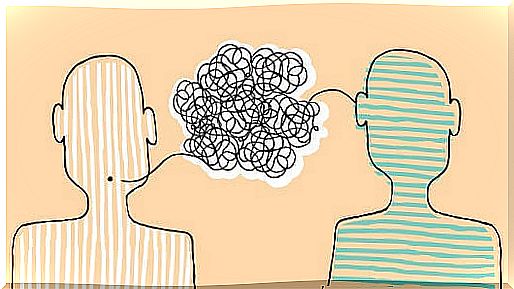
All higher psychological processes (communication, language, reasoning, etc.) are first acquired in a social context and then internalized at the individual level. In this sense, there is no better learning than that conferred by experience itself and the critical judgment made on it.
The pupil builds his own path, and the teacher accompanies him throughout his journey. What a child can do today with the help of an adult, he will be able to do on his own tomorrow.
Learning is like a tower; you have to build it step by step. It is closely linked to the potential of the nearby development zone, social constructivism and the concept of structure.
For Vygotsky, a need can only be truly satisfied through a particular social adaptation. Let us not forget that culture largely determines our needs. The mind cannot be independent of a culture. In this sense, we are social animals, not isolated individuals.
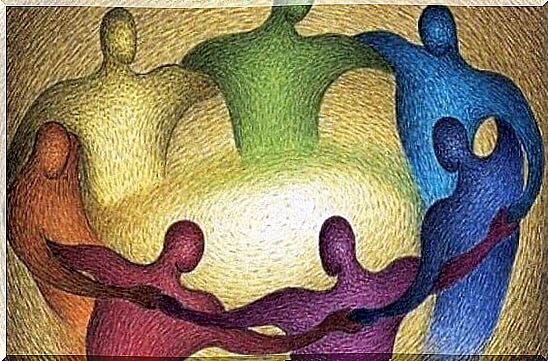
It should be emphasized that Vygotsky’s sentences identify complex psychological functions such as dialogue, and give it great value in problem solving. His philosophy, which is positive in nature, is ultimately an attempt to emphasize the importance of those around us and the power that these have over our development. Our change is perpetual, with culture and experience being the two main compasses in our life.
